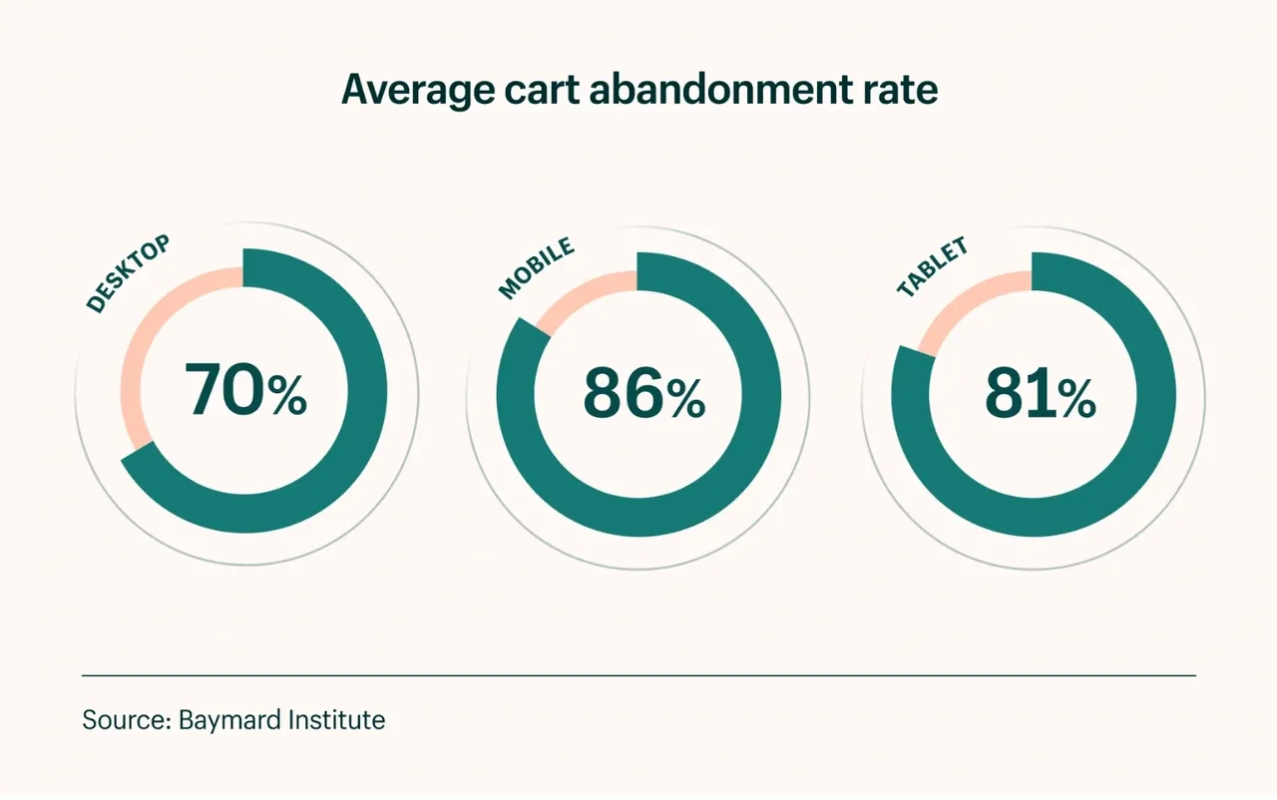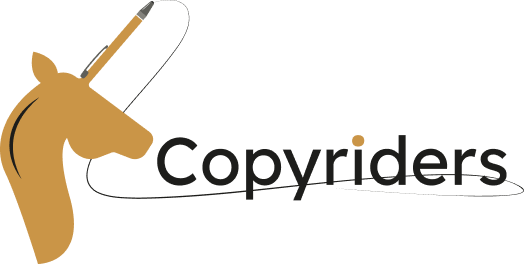Remember the good old days when you had to go to the mall because online purchases weren’t a thing?
Have you ever randomly stopped at a different shop because something caught your eye, like an ice cream stand, and got two scoops of vanilla and chocolate because you just felt like doing it?
That’s what is called an impulse purchase. And the thing about the online world compared to physical malls is that it is much harder to capture someone’s attention to buy a product or service that was not planned for. It is important to recognize that only a fraction of the population exhibits compulsive shopping behaviors in front of a computer screen!
In the virtual world of e-commerce, curious shoppers have endless options at their fingertips, and consumers now have the ability to compare prices, read reviews, and exercise greater self-control.
The immediate temptation that once accompanied in-person shopping experiences has been replaced by a more rational and calculated decision-making process. If you don’t believe so, the Baymard Institute shows the average cart abandonment rate is close to 70% for purchases made using a desktop computer or laptop. Isn’t that crazy?

Imagine you saw a line of 10 people waiting in front of a store to buy their clothes, and seven out of the ten people would get out of the line EVERY single time. This is a HUGE problem for businesses that are losing billions of dollars every year due to unrealized purchases!
Coresight Research survey data (including cart abandonment rates, shoppers’ intention when entering an online store, and post-cart-abandonment behavior) shows that online retailers in the US are losing $111–136 billion annually in revenue to cart abandonment due to a lack of checkout optimization.
The good news is that a significant part of that revenue can be recovered by optimizing call-to-action statements.
Let’s see how!
Bad CTAs:
– Purchase now
– Register at no cost
– Begin free membership
Good CTAs:
– Improve your productivity instantly
– Receive weekly copywriting secrets for free
– Enjoy a 10-day trial with no credit card needed
Bad CTAs emphasize the action required.
Good CTAs highlight the benefits received.
To create a call to action that truly converts, it is crucial to pay attention to key characteristics:
Action-oriented Language: A compelling CTA begins with strong, commanding verbs. Words like “Shop Now,” “Subscribe Today,” or “Discover More” ignite a sense of urgency and motivate immediate action. By using clear and concise language, you remove any ambiguity and guide readers toward the desired outcome.
Clarity and Simplicity: A confused mind seldom takes action. A proper CTA should be clear and concise, avoiding jargon or complex terms. By using straightforward language, you ensure that readers understand the value proposition and what action is expected of them.
Creating a Sense of Urgency: Instilling a sense of urgency in a CTA can be a game-changer. Phrases like “Limited Time Offer,” “Act Now,” or “Don’t Miss Out” tap into consumers’ fear of missing out (FOMO) and prompt them to take immediate action. By leveraging the psychological aspect of urgency, you increase the likelihood of conversions.
Benefits-focused: Highlighting the benefits readers can expect by engaging with a CTA is crucial. Whether it’s “Save Money,” “Enhance Your Skills,” or “Unlock Exclusive Content,” clearly articulate the advantages they stand to gain. By clearly communicating the value proposition, readers are more likely to be enticed and motivated to convert.
Visual Appeal: An effective CTA should visually grab readers’ attention. By using contrasting colors, larger fonts, or distinctive button styles, you differentiate the CTA from the surrounding content. A visually prominent CTA catches the reader’s eye and increases the chances of clicks and conversions. Additionally, optimizing the CTA for mobile devices is crucial, given the growing prevalence of mobile browsing.
Here’s a list of the best CTAs for each category:
Urgency & Scarcity:
Limited Time Offer
Don’t Miss Out
Offer Ends Soon
Last Chance
Act Fast
Hurry, Act Now
Time-Sensitive
Offer Expires
Secure Your Spot
While Supplies Last
Flash Sale
Countdown to Savings
Final Hours
Act Before It’s Gone
Exclusive Access
Engagement & Sharing:
Share Your Thoughts
Spread the Word
Join the Conversation
Share with Friends
Tell Us What You Think
Leave a Review
Connect with Us
Share on Social Media
Tag a Friend
Show Your Support
Give Us Your Feedback
Share Your Experience
Join Our Community
Invite Your Friends
Share Your Success
Offers & Discounts:
Exclusive Discount
Save Big Today
Best Deal
Limited Supply
Special Price
Buy One, Get One Free
Early Bird Offer
Today Only
Bundle & Save
Seasonal Sale
Discount Code
Free Shipping
Bonus Offer
Free Gift
Price Drop
Personal Touch:
Be a Part of Us
Get Involved
Discover Your Fit
Unlock Your Potential
Take Control
Make a Difference
Unleash Your Power
Get Personalized Advice
Live Your Best Life
Reach Your Goals
Transform Your Life
Find Your Passion
Change Your Life
Maximize Your Potential
Seize the Opportunity
Immediate Actions:
Sign Up Now
Join Today
Get Started
Claim Your Spot
Reserve Your Seat
Download Now
Register Now
Discover How
Add to Cart
Subscribe Now
Click Here
Explore
Upgrade Now
Request a Demo
In short, your call to action statements should be clear, concise, benefit-focused, visually appealing, and instill a sense of urgency. We suggest being very thoughtful about your choice of CTA statements in your copywriting, playing around with different ones, and tracking conversion metrics to see how well your copy performs.
Do you want to access more copywriting content like this post?

